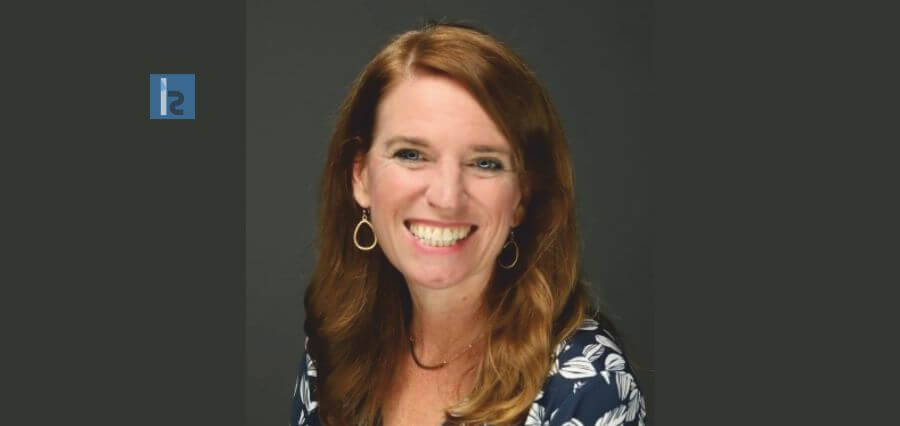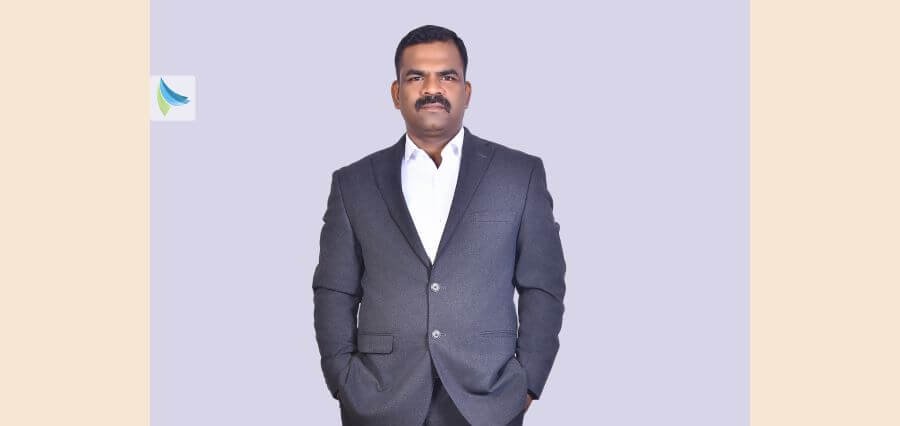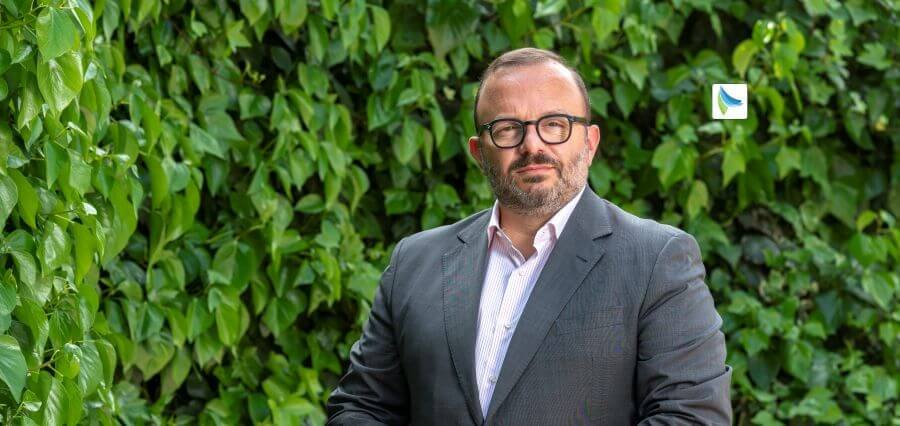Implementing her vast marketing experience in healthcare, understanding the breadth and depth, including medical devices, pharmaceuticals, biologics, precision medicine, and in vitro diagnostics, Allyson Bower-Willner influences the landscape with leading teams, product launches, and market development.
As the Sr. Director of Marketing at Mölnlycke Health Care, she helps to promote the organizational goals of providing high-performing solutions that deliver more value to customers.
We caught up with Allyson to learn more about how her professional journey has shaped her current position, having faced several challenges and leading her through them.
Below are the highlights of the interview:
Briefly describe your professional journey up until now.
I would say the theme for my career within Medical Devices has been “breadth.” My concentration in graduate school, Operations Management, certainly did not define my career. I tested a few different functions – Operations, R&D, Regulatory/Clinical, QA, Reimbursement, Business Development, and even Sales before landing in Marketing – by far my favorite.
I’ve also worked in various medical device specialties – GI, Cardiovascular, Interventional Radiology, Vascular Surgery, General Surgery, Urology & Gynecology, and Wound Care. I’ve worked independently as a head of my own company, at Fortune 100 companies, and everything in between. I find that pulling the best from each of them has made me stronger as a marketer and, particularly, a much better strategist. I think my exposure to multiple functions, various specialties & in many different sized companies gives me a broader perspective, making it easier for me to solve marketing problems.
What also cannot be understated is my network, which includes people from so many functions, specialties and types of companies. I am grateful for this network every single day.
What challenges did you face along the way?
Along the way, I’ve met some incredibly enlightened and sensitive men, and I’ve come across a few who saw me as an outsider – and those were the hardest times for me. The inequality that remains in pockets in our industry is puzzling to me, and I see the (often subtle) injustices happen in business often. In this industry, I’ve always worked among men. My undergraduate school had a ratio of 1 woman for every 7 men. While I was working in consulting in the Medical Device industry, I had my first baby shower at work and the attendees included only me and 17 men. And so, while I’ve been able to work through gender issues with some success, I do see them continuing and I’ve dedicated a lot of time to them over the years.
I participated in “Lean In” networks, joined my company’s business resource groups for women, leveraged mentors, and mentored younger women. I’ve took on a leadership position to launch & co-lead my company’s Professional Women’s Alliance. I also led the Southeastern Life Sciences & Southeastern Medical Device Association”
Women@SLS..group to support women in the field. I also raised 3 children along the way, and so I fully understand the challenges women face on the parenting front.
Women’s issues remain in our industry, and I’m still committed to do my part to ensure gender doesn’t come into play with regard to professional opportunity & reward.
What significant impact have you brought to the life science industry?
My work with the Southeastern Life Sciences & Southeastern Medical Device Association women’s group (Medtech Women@ SEMDA & Women@SLS) has had the most impact on the broader Life Science community and is among the most rewarding in my career. Our mission was to enhance opportunities for women in the MedTech andlife science industries. We’ve held many forums, including webinars and conferences, to help expand the networks and provide new skills to women in the industry. As members of SEMDA/SLS, we’ve kept women’s topics front and center, often sponsoring key networking events and keynote sessions enjoyed by all members, women and men alike.
Tell us about Mölnlycke Health Care and its foundation pillar.
The company I work with now, Mölnlycke Health Care, promotes specific high-performance behaviors that are promoted and reinforced every day – including things like entrepreneurship, team performance, taking ownership/responsibility & customer-centricity. These corporate values complement my own and allow me to authentically work toward creative, innovative solutions without fear of failure. At the same time, our Professional Women’s Alliance allows me an outlet to simultaneously ensure women’s voices are uplifted & nurtured as part of our organization’s fabric.
How does Mölnlycke Health Care promote workforce flexibility, and what is your role in it?
As part of our Professional Women’s Alliance, we’ve supported programs that help reinforce workplace flexibility. Mölnlycke challenges the status quo – our company has moved from a full-time office-based model to a 2-day per week model, with flexible work schedules being supported both infrastructurally & culturally. The flexibility helps all of us balance our lives and minimize inefficiencies due to unnecessary travel. It helps us retain people. When people face challenging times, giving them the flexibility, they need increases their loyalty to our company.
How does Mölnlycke Health Care promote workforce flexibility, and what is your role in it?
As part of our Professional Women’s Alliance, we’ve supported programs that help reinforce workplace flexibility. Mölnlycke challenges the status quo – our company has moved from a full-time office-based model to a 2-day per week model, with flexible work schedules being supported both infrastructurally & culturally. The flexibility helps all of us balance our lives and minimize inefficiencies due to unnecessary travel. It helps us retain people. When people face challenging times, giving them the flexibility they need increases their loyalty to our company.
What is your take on technology’s importance, and how are you leveraging it?
There is no turning back – technology is advancing rapidly, challenging any company to keep up. We’re constantly assessing new technologies to help us support our corporate culture & work flexibly but also to augment our clinical offering. From remote working to social networking & AI, it is infiltrating every aspect of our work. My philosophy is that if we get left behind on technology, we will be left behind in the industry.
What will be the next significant change in the life science industry, and how are you preparing for it?
This may seem way out there, but changes are coming for front-line problem-solving via AI & machine automation. As an industry, we must embrace the simplest of these as quickly as possible to prepare ourselves for those broader changes. We must embrace technology to minimize speed-to-execution at a fraction of the cost.
An example is the use of AI tools such as Open AI. In marketing for example, “copy” (original documentation) development is often a gating item & assigned to lower-level marketers. But AI can create that first draft in a fraction of the time a human can accomplish the same task.
AI can help us develop & finalize marketing copy and materials faster and less expensively. From my perspective, it will be no time at all before AI is doing similar work in almost every other function in our industry. I really don’t think we can even imagine how much of an impact technologies like AI & machine learning will have on our lives, even just 2-3 years from now.
What are your goals in the upcoming future?
My next professional goal is to lead my department in minimization of both time and cost to execute even stronger, broader, and more compelling positioning, messaging, and promotion. Achieving this goal will help us provide more cost-effective access to life-changing medical devices for our customers. This is particularly important here in the US to continue to lead the world in healthcare.
The cost-effectiveness of our medical solutions has to take a more front-and-center position across the board for suppliers and providers alike.
What advice would you like to give the next generation of aspiring business leaders?
A former boss of mine said the key to a successful start-up is to solve a big problem, and that’s always stuck with me. I’d love our newer generation to bring your technical expertise and help us solve some big problems like reducing cost while improving care! I don’t have the technical skills you’ve grown up with, and you can use those skills to help us springboard the industry to a new efficiency standard. There are millions of people right here in the US with problems you can solve, and if you solve it for one person, chances are good that there are others who can use that solution too!



















